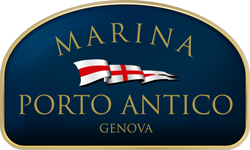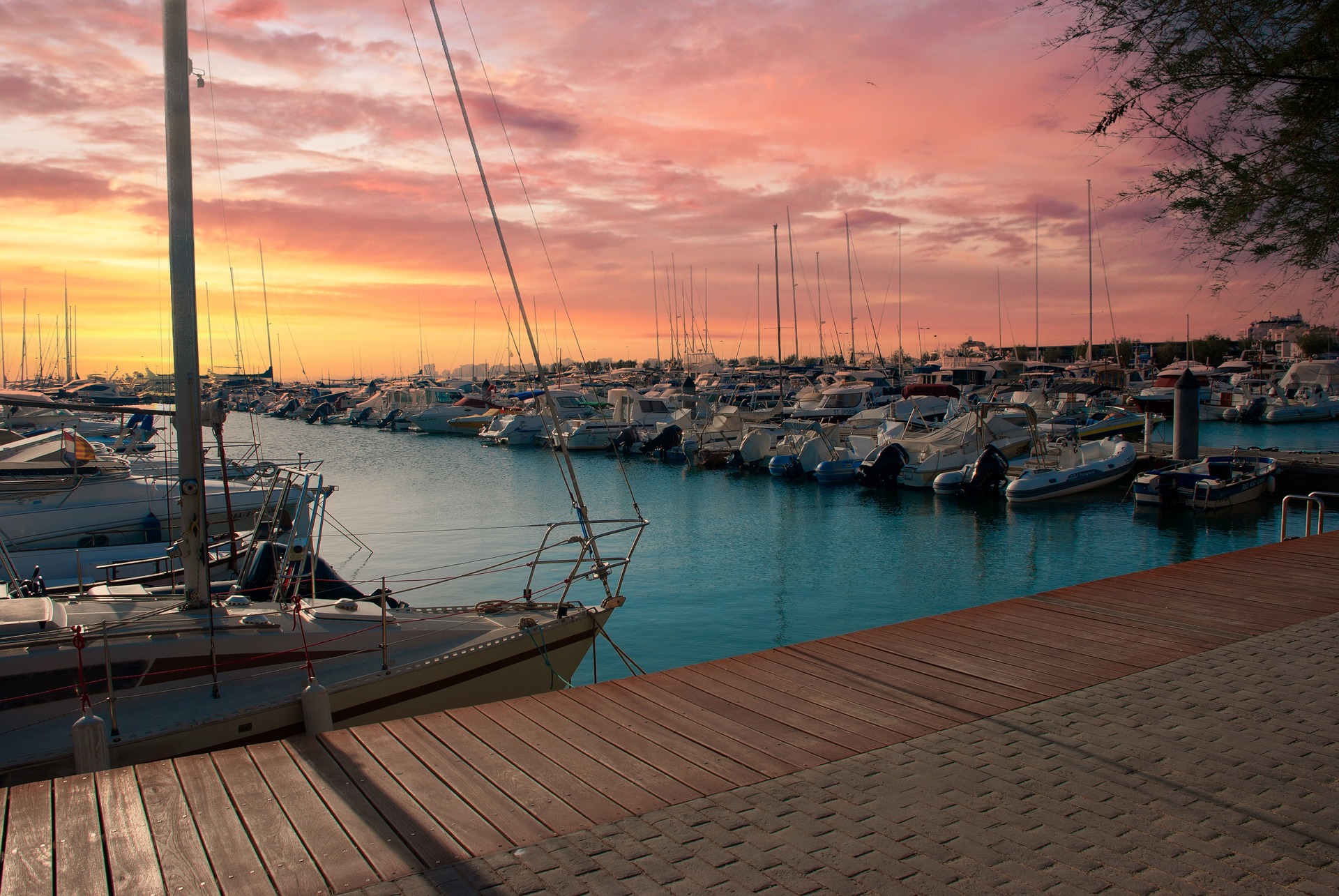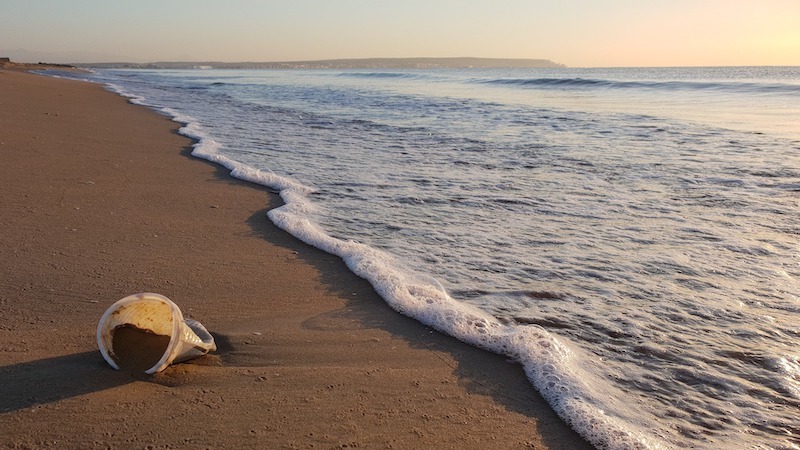Sustainability at the Dock:
To protect the sea, which as we know is already heavily polluted, it’s not enough to adopt
behaviors that respect marine ecosystem sustainability while sailing. Even in the
be a bit difficult; however, it will take little time for these extra precautions to become established and automatic habits. Let’s look at some tips for maintaining good sustainability practices at the marina.
Sustainability at the Dock: Refueling
Well-equipped tourist ports, like our Marina Porto Antico of Genoa, also offer fuel service. This is certainly a
delicate moment from an environmental perspective: attention must be paid to avoid even the smallest fuel spill into the sea. It is therefore necessary to be careful not to exceed the full tank limit, and to have a
old cloth ready to wipe up any drops. Taking a few extra seconds helps keep the sea cleaner! Fuel that ends up in the sea kills fish, birds, and aquatic
Restroom Facilities and Tanks
The convenience of a well-equipped tourist port is obviously having access to restroom facilities on land, which not only provides greater comfort but also reduces the
waste of onboard water. In general, discharge into the water should be absolutely avoided
of wastewater, which must be collected in appropriate onboard tanks to be emptied into proper shore-based collection systems.
Boat Cleaning
The port dock is the right place to clean our boat, both inside and outside. However, remember that when we clean the deck and hull, the products and dirty water will end up
better to spend a bit more and protect your skin with more sustainable sun protection.
Onboard Water Management
Indeed, onboard water management is one of the aspects that requires the most attention. The advice is to refill water with your own hose,
ensuring to use only perfectly clean tanks with the appropriate filter cartridge.
This way, the water will stay clean and good, without any waste.
Sustainable Provisioning
The stay at the tourist port is often an opportunity to do some provisioning. And certainly, even “shopping” can heavily influence the sustainability of time spent on board. It’s much better
be eaten and will go bad. The refrigerator should be kept at about 4 degrees Celsius to preserve more delicate foods, bringing the temperature to 8 degrees when there aren’t
particularly perishable foods present. To consume less electrical energy, the refrigerator should be
Less Noise, less Light, less Pollution
In port, it’s important to reduce noise and light pollution, respecting both marine fauna and other boaters who have chosen nearby boat slips. Therefore, we should avoid keeping
mooring springs: it’s better to avoid squeaky ones and use rubber ones instead, which are significantly quieter.
Waste Sorting
The final tip for maintaining good sustainability on board concerns waste management. Just like at home, we must also sort various types of waste on board, so that
these materials can be properly disposed of and potentially recycled.



